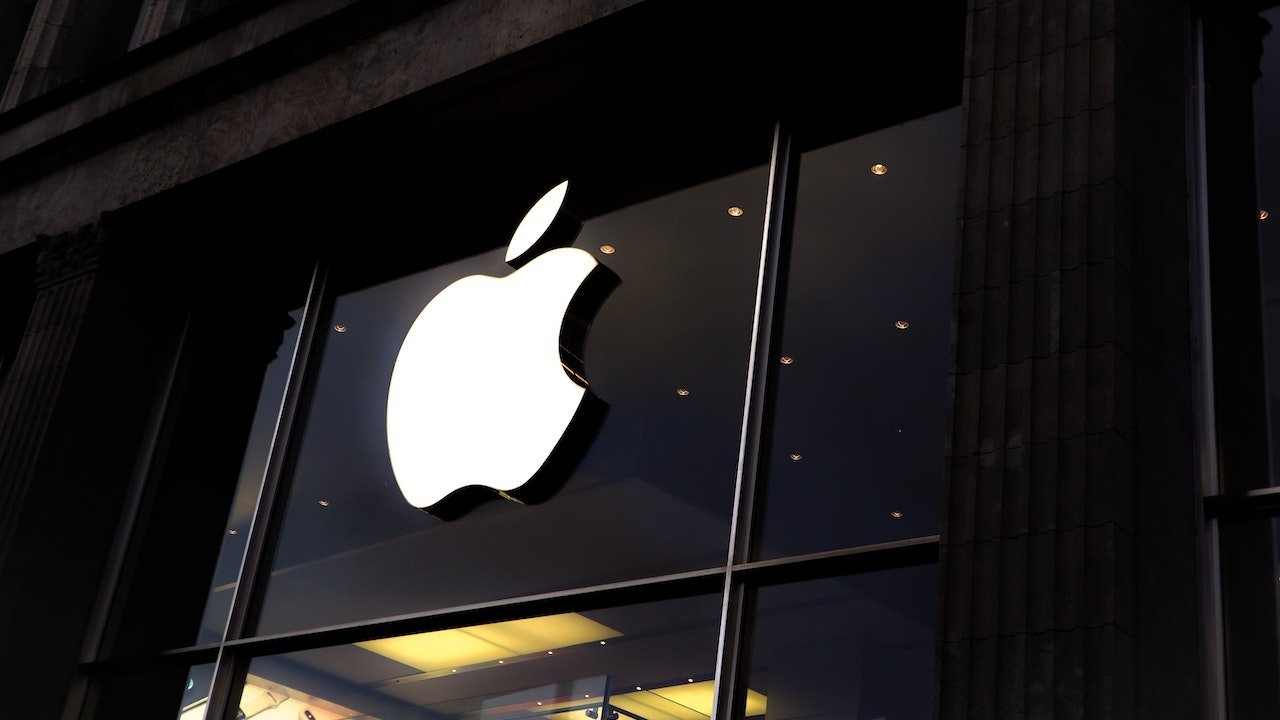Apple has again made the Time Magazine list of the 100 most influential companies of 2022, with the publication naming Apple a "titan" that is flexing its power with impactful privacy features.
Time magazine said that Apple was "flexing its muscles" throughout 2022, and its description of the iPhone maker's accomplishments focused on the company's privacy features — such as App Tracking Transparency (ATT).
The publication called the ATT feature a "momentous step" that Apple marketed as a pro-privacy win. It added that many users appeared to opt out of tracking across other apps and websites.
"Many antisurveillance activists welcomed the development, but others noted that it underlined Apple's huge power," Time wrote. "And in earnings calls after the changes, ad-dependent tech giants like Meta and Snap blamed Apple's move for 'headwinds' that resulted in tens of billions of dollars in losses."
Advertising-dependent companies like Facebook and Snap have been warning that the ATT feature would impact their revenue since it debuted. Back in October 2021, it was estimated that Apple's privacy feature cost social media companies a combined $10 billion in revenue.
Some ad industry experts are also concerned that features like Hide My Email and Private Relay, introduced in iOS 15, could further impact ad revenues.
Other companies in the "titan" category of Time's list include Ford, IBM, Microsoft, Alphabet, Pfizer, Netflix, Disney, and Amazon.
This is not the first time that Apple has made the Time Magazine list of most influential companies — it also did so in 2021. At the time, Apple was named a "leader," and Time's description focused on its exceptional growth and record-breaking quarters during the Covid-19 pandemic.
 Mike Peterson
Mike Peterson








 Charles Martin
Charles Martin

 Malcolm Owen
Malcolm Owen
 William Gallagher
William Gallagher

 Christine McKee
Christine McKee
 Wesley Hilliard
Wesley Hilliard









5 Comments
Frankly, if Apple didn’t make that list it would say more about the list than about Apple.
I'd think that a company like Saudi Aramco (or other mega energy company) would have far more "influence" on economies and on more aspects of life. Certainly more influence around the world. Apple still has tiny to nonexistent market shares in many countries.